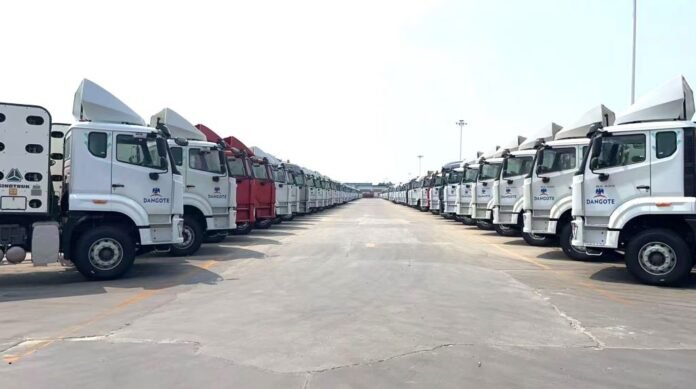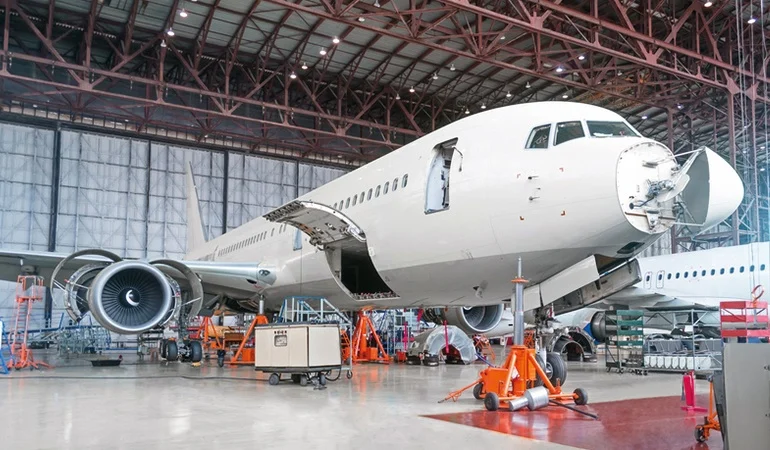The Dangote Petroleum Refinery has begun rolling out over 2,000 Compressed Natural Gas (CNG) trucks to distribute petrol and diesel directly to users across Nigeria.
More trucks will arrive soon, as the company targets a 4,000-strong fleet to power its fuel delivery programme.
Set for launch on August 15, 2025, this direct-to-user approach is expected to help “enhance supply and reduce prices,” according to insiders. Despite some market concerns, the refinery insists the rollout will not be delayed.
With over ₦720 billion invested in the initiative, Dangote Refinery aims to slash the nation’s annual fuel distribution cost burden. The company will “absorb over ₦1.07 trillion annually in fuel delivery costs,” making it the largest private sector contribution to lowering pump prices.
The refinery forecasts that this effort will save Nigerians more than ₦1.7 trillion yearly, especially among lower-income households and transport-dependent industries.
Targeting MSMEs and Energy Costs
Over 42 million Micro, Small, and Medium Enterprises (MSMEs) are expected to benefit. These businesses, already struggling with high operational costs, may now find a breather through lower fuel expenses. Dangote’s move could shift their balance sheets from survival to steady profit.
The new system eliminates middlemen and long-haul transport fees that often inflate pump prices. “We’re delivering directly to filling stations, factories, and bulk users,” said a refinery source. This should reduce both energy costs and inflationary pressure nationwide.
If implemented smoothly, this programme could open a new chapter in Nigeria’s energy economy. But will fuel marketers and distributors embrace or resist this change?The refinery plans to meet the country’s daily need of 65 million litres of refined products. These include 45 million litres of PMS (petrol), 15 million litres of diesel, and 5 million litres of aviation fuel. The aim is not just supply but efficiency.
As Nigeria moves to reduce its dependency on imported fuel, the Dangote refinery’s strategy may prove to be the missing link in tackling supply chain issues and stabilising prices.
Rate, Like 👍, Comment💬, share this article, Follow us on our social media handles, and Submit your own story to get featured and earn rewards!








